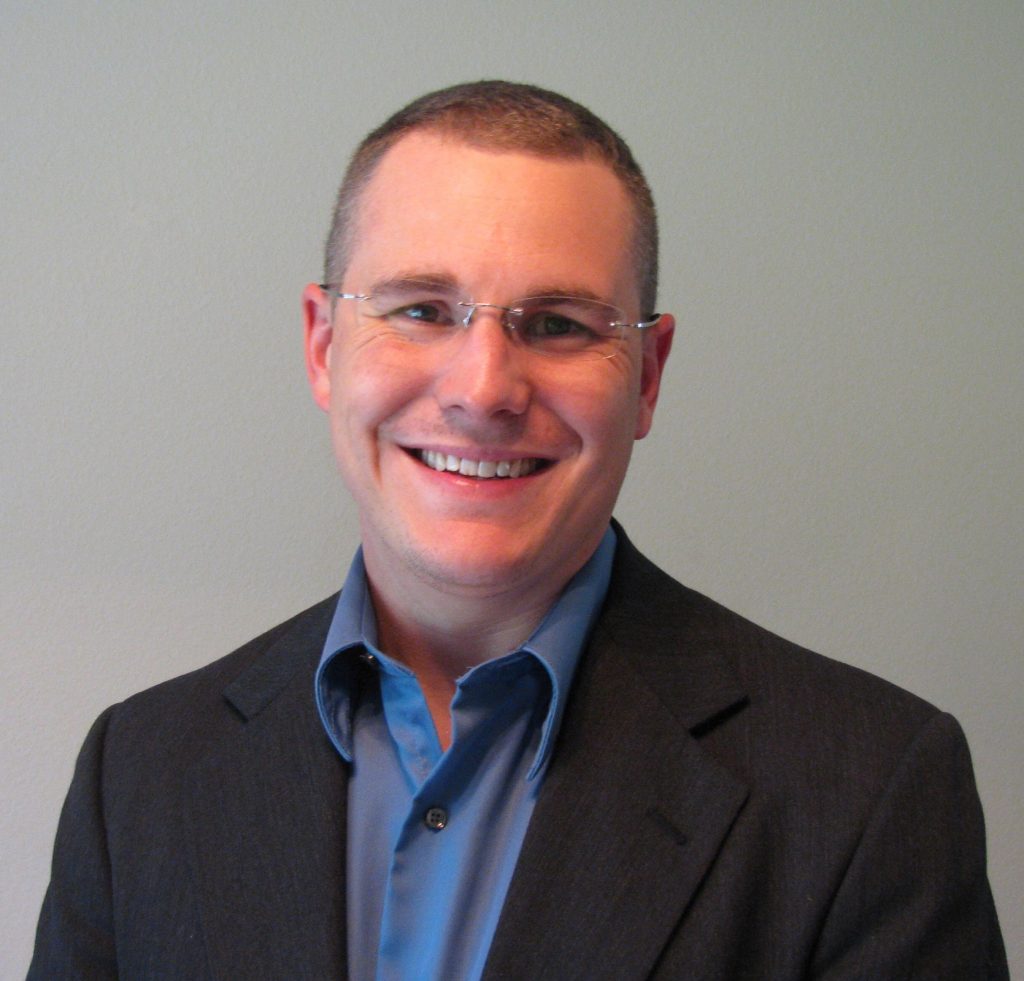Why Do People Want to Become Cops?
Cop candidates need mental, physical, and emotional strength to make the cut.

Detroit Today host Stephen Henderson speaks with Criminology Careers Expert for about.com Tim Roufa about becoming an officer of the law. Roufa speaks about his own experiences and the factors that affect the application and vetting process that police candidates have to go through.
- A Desire to help: Roufa says the desire to help others and make a difference in the community is an actual factor in the candidates and research he has seen. It’s undeniable that departments are suffering from lack of available resources and changes in public opinion but applicants aren’t dissuaded solely by the negatives. Many of them stick to their goals and the ones who make it through the various stages of vetting are committed to their cause.
- Quality over quantity: Roufa notes that the challenge usually isn’t the number of applicants. Many departments see over a thousand applicants but after the vetting process they are left with less than a hundred, often around forty or fifty. Recruitment officers have to look at the mental and physical fitness of the possible officers and screen out anyone with questionable traits such as drug usage, prior crimes, aggression or lack of impulse control.
- What it really takes: When it comes down to it the recruiters are choosing a person who will receive a badge and gun and be placed on the streets. There’s no room for questionable behavior. Police departments aren’t going to take the risk if a candidate’s integrity can be questioned.
- Modern changes: Stephen also asks about the modern challenges with police perception and how officers are exposed to mental and physical trauma as a part of the job. Roufa says today’s agencies are much more aware of these issues. The mental and emotional checks performed on applicants are more stringent and even within the force there are now support programs and groups that help them deal with unexpected encounters and traumas.
Click the audio link above to hear their full conversation.
